How did you end up in the United States and working for the National Park Service (NPS) after graduating from UC?
My adventure from Canterbury to being a US Park Ranger has been as much about dumb luck as anything else.
I graduated in ’94 with a BSc in geography with some geology. In the months after final exams, I did some volunteering at Mt Cook and I continued as a bar tender at the Student Union. After a disappointing run unsuccessfully gaining employment with NIWA, the Christchurch City and Canterbury Regional Councils, I bumped into someone who had visited Utah. He described red rock formations, deep indigo desert sky, winter snow, and summer heat of 40C. That ignited my vision of red, white and blue. I had the ability to work in the US, so I wrote dozens of letters seeking work. I took a leap of faith, and I took off for the American West. I guessed I’d be away for maybe a year.
Soon after capping, I was driving into the region called the “Colorado Plateau”. It has parks like Zion, Arches, and a thing called the Grand Canyon. I got very lucky and by this time I had accepted an entry level job as a seasonal fee collector at the Canyon’s busiest entrance station. Not glamorous work – but I wore the park ranger uniform. All the NPS staff I met in that first summer were amazing. Little did I know the life-long influence those people - and the Grand Canyon - would have on me.
On my first weekend off, I was at viewpoint where a volunteer “interpretive ranger” was giving a geology program. She talked about rock formations, endangered species, and hydrologic processes. I’d never seen this kind of educational program before and knew I wanted that job! It took effort, a few tears and a few years – but in 1998 I got a seasonal interpretative ranger job back at that same viewpoint. By 2000, I had landed a permanent ranger job at Carlsbad Caverns National Park – a place where I would meet my wife, Bridget.
Over time, I trained cohorts of new interpretive rangers. I’ve presented hundreds of interpretive programs, personally connected with tens of thousands of visitors, sworn-in uncountable numbers of junior rangers, reached millions via digital media, collaborated with teachers, tribal members, exhibit designers; travelled to Chile and Germany for the NPS, and managed an environmental education program. This adventure has been at seven national parks as diverse as Everglades in Florida, Carl Sandburg Historic Home in North Carolina, and Redwood in California. The whole time my Kiwi-roots opened up unique conversations, and hopefully I’ve been a good ambassador for NZ.
Can you tell us about your role as a training instructor with the NPS?
I’m one of four instructors at the Albright Training Center – the flagship NPS training center located at Grand Canyon National Park.
We facilitate adult learning courses called Fundamentals. It is a long-standing program and is one of the best ways the NPS invests in the future of its workforce. It’s a beloved experience for the participants and is a career highlight for me to be a part of it.
For Fundamentals, NPS employees from across the country come for a week. We get participants from as far away as Alaska, Puerto Rico, and Guam, often in very different places in their career. They learn about NPS values, park operations, they network and connect to the NPS mission. Each year we host about 1,000 staff with a range of jobs - like law enforcement, resource management, administration, interpretation, or maintenance.
Growing up, did you always have a keen interest in the outdoors?
Not really. Growing up I had occasional interactions with an Auckland dairy farm, and some holidays with bush walks in the Coromandel. When my eldest brother was a UC student he took me on a road trip to Mt Cook. It was my first time in the South Island and the braided rivers, mountains, and McKenzie Country was stunning. Later, the idea of doing geography and geology seemed like a good way to see more of the South Island, and so my passion for the outdoors began as a UC student.
What is your favourite thing about your role? And what is the most challenging?
For me, resource stewardship is a value that I’ve effectively imparted through my career, and this resonates well at the Albright Training Center. My fellow instructors are delightful and are basically my sisters now. We have fun, have built an effective team, and are influencing future generations of NPS leaders.
My random NPS background also is helpful as I listen to participants share their own career struggles. I can share first-hand experiences of being a volunteer, a program manager, a wildland firefighter, a backcountry ranger, an Emergency Medical Technician. Of being the first New Zealander in Lechuguilla Cave, going on Colorado River missions, being featured on the Discovery Channel, going on search and rescues, giving presentations in the US Embassy in Berlin, and of once being a driver in Bill Clinton’s motorcade. These all have been memorable - and can be insightful.
But the NPS is well known for burn-out. Of “Parkies” with very unhealthy work-life balances. There are cases of career spouses living hundreds of kilometers apart, visitors verbally abusing staff, friends getting killed while on the job, and having to move frequently to forge a career. I share these challenges with Fundamentals participants, and we talk about being unemployed between seasons or passed over for jobs by an opaque bureaucracy. It’s revealing to tell classes that I was literally two days from heading back to NZ for good– then the Carlsbad Caverns job offer popped up. For many Fundamentals participants, it’s a surprise to learn that a meaningful career path is not a logical progression of going from A to Z. It’s often dumb luck.
What memories stand out when looking back at your time at UC?
The 200-level geology field trips to the West Coast and mapping rocks in the Island Hills area with my flat mate were a blast. 300-level geography field trips had an easier workload, but I got to see how rivers, coastlines, and glaciers work. Geography classes also taught me about myriad interactions of humans with the planet.
But the main UC stand-out experience was joining University of Canterbury Canoe Club. These passionate people came from many different academic backgrounds. There was a common interest in nature, tramping, paddling, wildlife, caring about each other, and having fun. We wrote letters to stop a dam being built. We played on rivers, fund-raised, hiked, biked, and surfed our boats at Taylor’s Mistake. I evidently also gave informal interpretative programs about faults, greywacke, and glacial terraces.
UC left me with many friendships I cherish to this day.
I also remember how on rainy days, all of us riding bikes would get a big wet stripe up our backs. Ahh, good times.


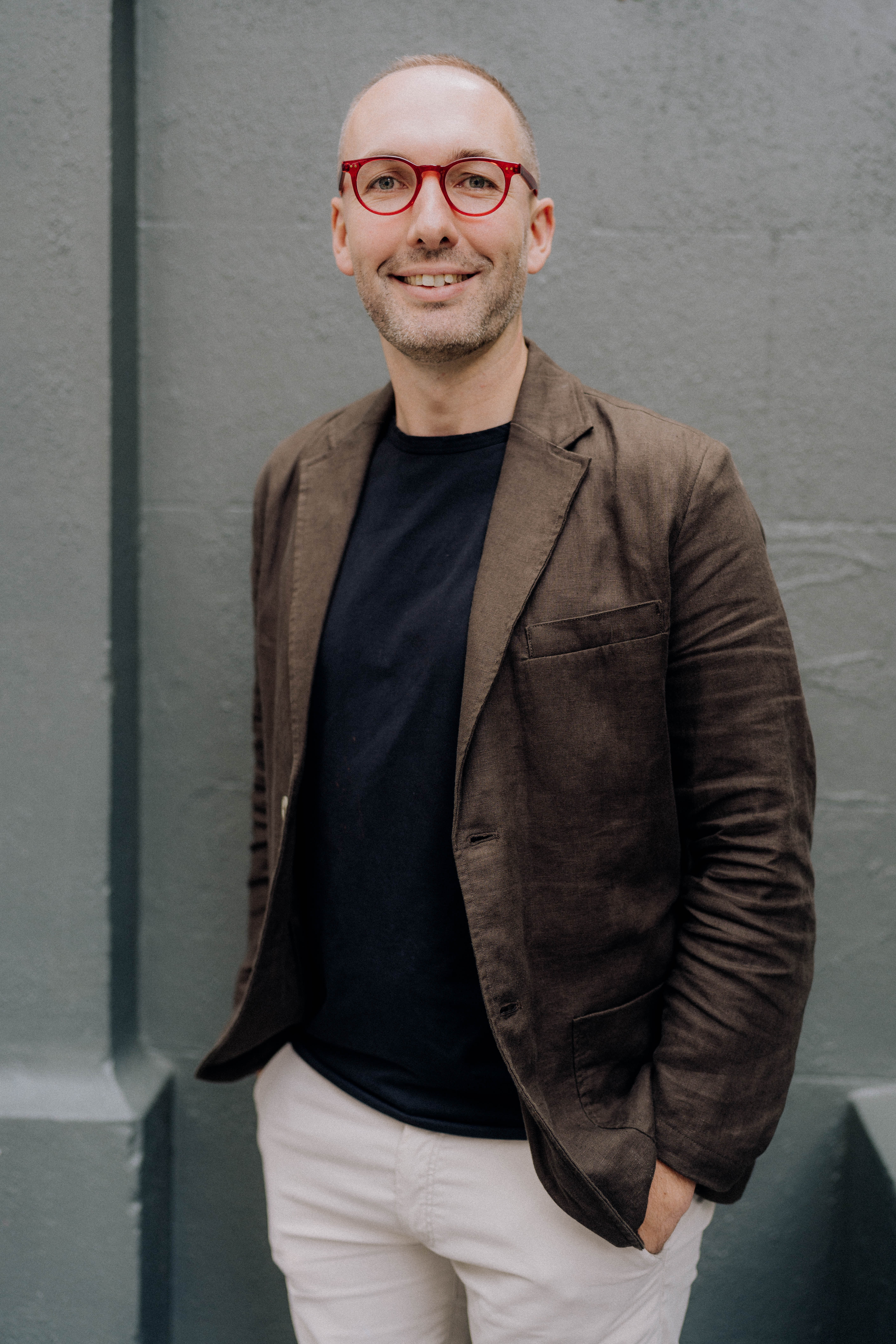
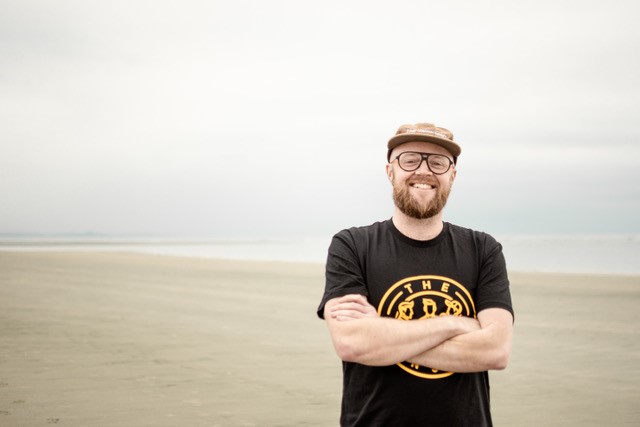
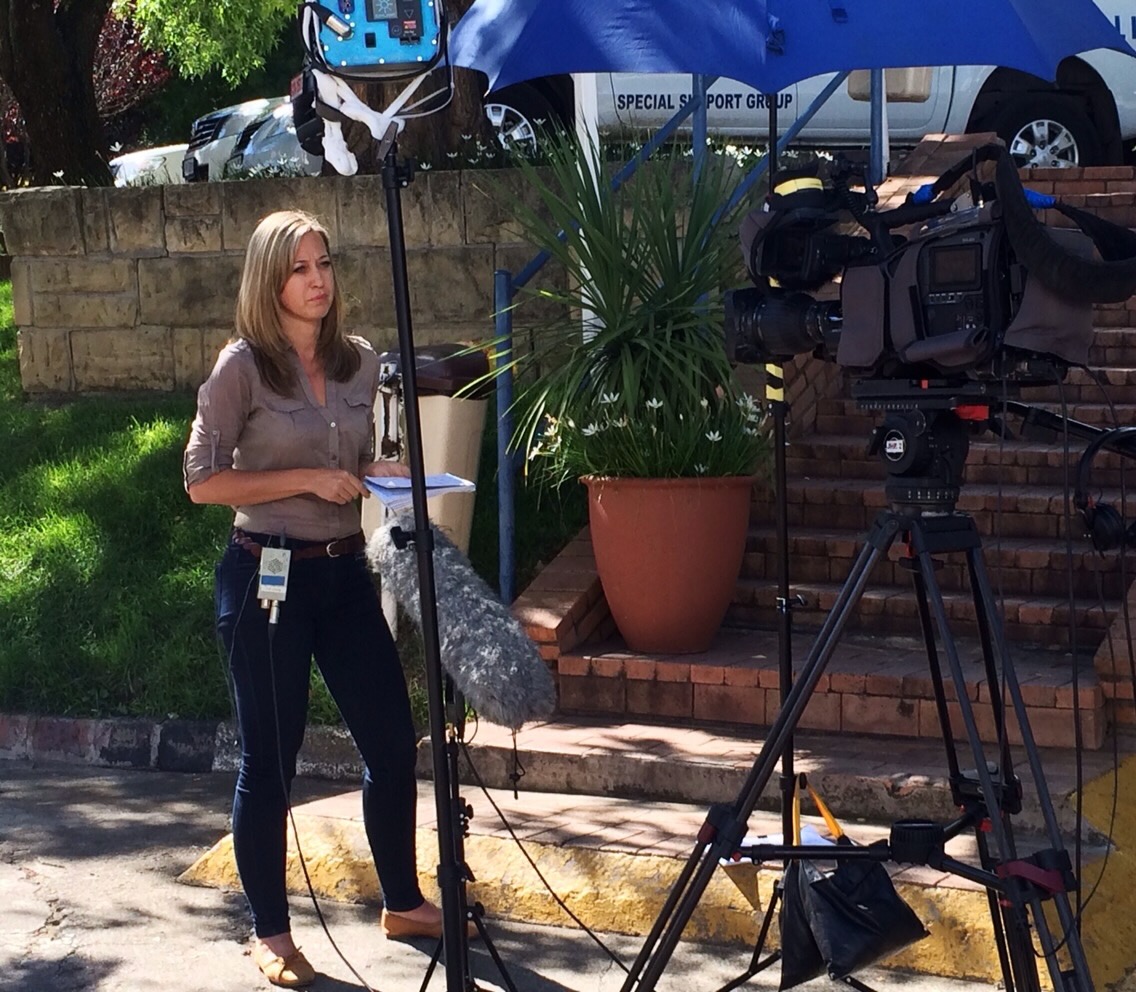
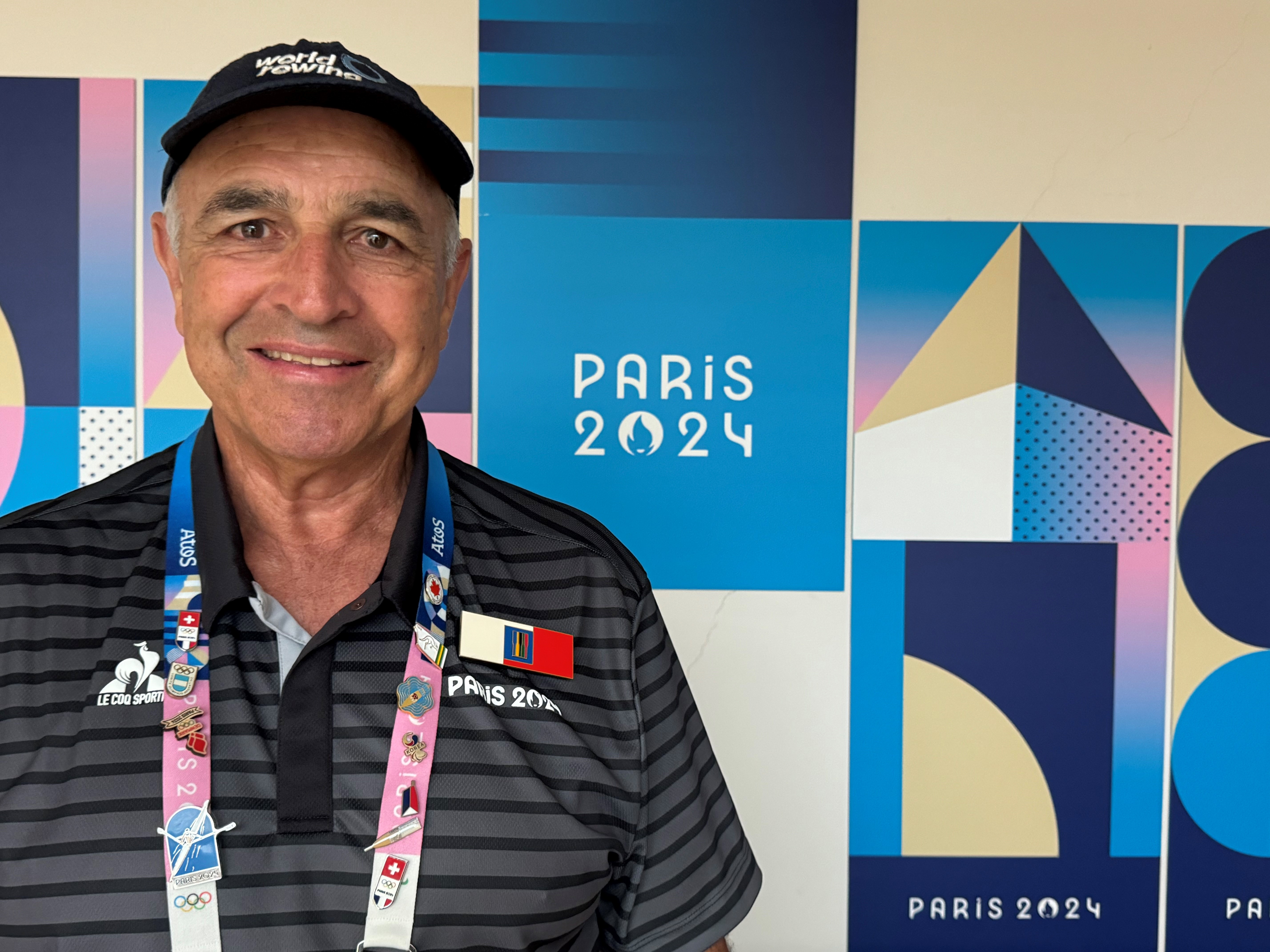

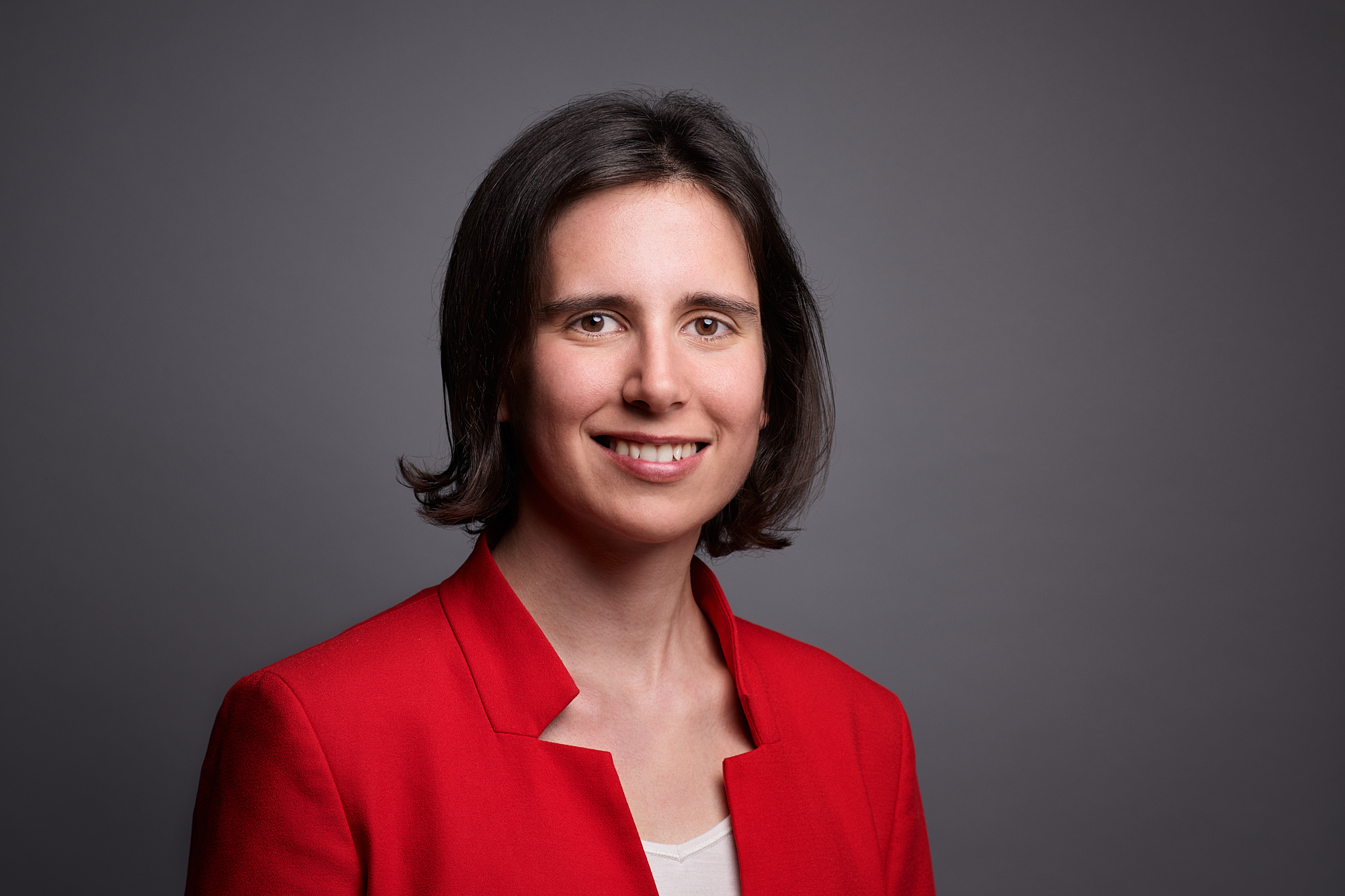
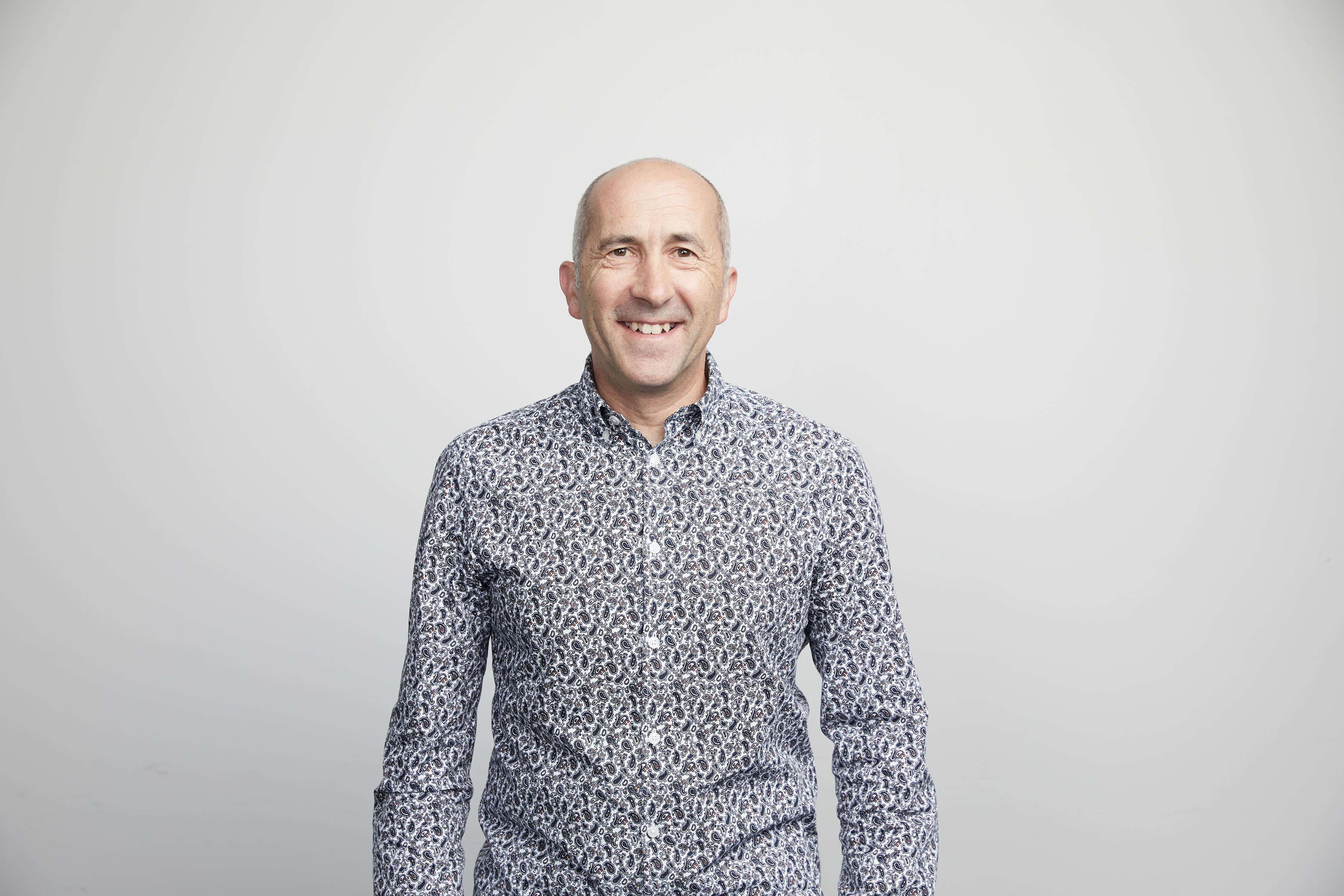
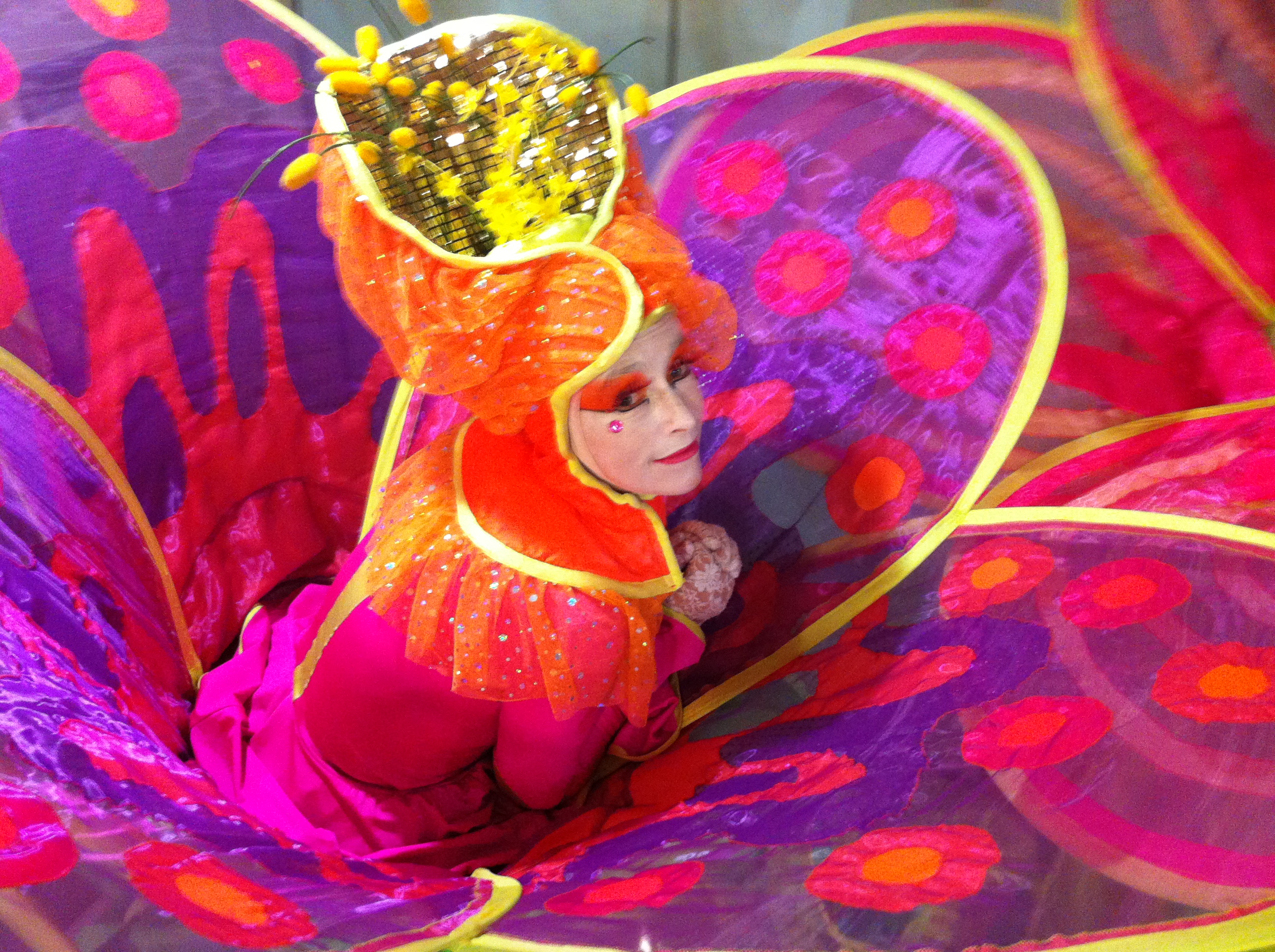
.jpg)